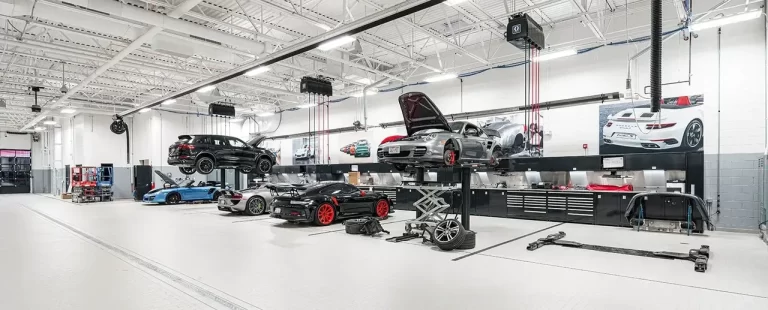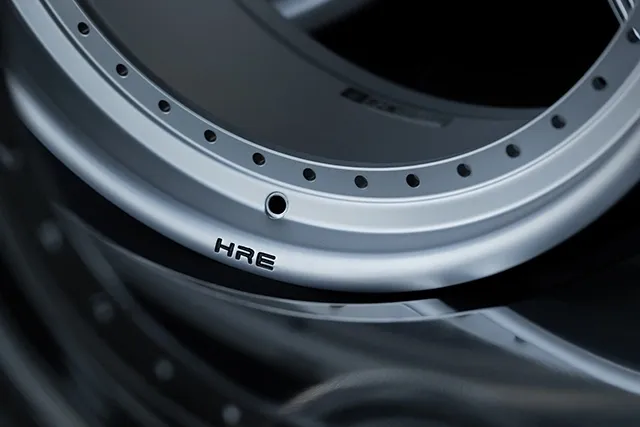THE CRUCIAL ROLE OF TIRE ROTATION IN VEHICLE MAINTENANCE
Ensuring your vehicle maintains peak performance involves a variety of maintenance tasks, with tire care standing out as one of the most critical. Tires serve as the sole point of contact between your vehicle and the road, highlighting the importance of keeping them in pristine condition. Among the key practices for tire maintenance, regular rotation is paramount.
Tire rotation involves the systematic repositioning of your vehicle’s tires to promote even wear. This practice is crucial for extending the lifespan of your tires and enhancing vehicle safety. Front tires generally bear the brunt of wear due to their direct role in steering and braking. Rotating your tires aids in distributing wear evenly across all four, thereby extending their usability and maintaining optimal driving performance.
The significance of tire rotation extends beyond prolonging tire life—it’s a vital component of vehicle safety. Uneven tire wear can compromise vehicle handling, increasing the risk of accidents. Additionally, it can lead to premature wear on suspension and steering components, potentially resulting in costly repairs.
For enthusiasts keen on performance car tuning, aftermarket performance parts, and sports car modifications, understanding the impact of tire condition on vehicle dynamics is essential. Regular tire rotation supports not only the longevity of the tires but also ensures consistent performance, whether you’re engaging in ECU remapping, suspension tuning, or adding performance wheels and tires for improved vehicle aerodynamics.

Different tire types, from those optimized for luxury car performance upgrades to those designed for high-performance brake systems, exhibit varying wear patterns. Adhering to a rotation schedule tailored to your specific tire type and vehicle model is crucial. Consulting with the experts at Charlotte Performance, specializing in European car maintenance and performance upgrades, can provide guidance on the optimal rotation schedule for your vehicle.
So, when should tires be rotated? While the frequency can vary based on your driving habits, vehicle type, and tire characteristics, the general recommendation is every 6,000 to 8,000 miles. A practical tip is to coincide tire rotation with oil change intervals, ensuring your vehicle receives comprehensive care.
For those less familiar with the intricacies of tire maintenance or who prefer professional handling, Charlotte Performance in Charlotte, NC, is your go-to destination. Our team, equipped with the latest in dyno testing services and a deep understanding of engine tuning and vehicle aerodynamics, stands ready to assist. Regular tire rotation is more than just maintenance—it’s a commitment to the safety, performance, and longevity of your vehicle. Let Charlotte Performance help you achieve this with our comprehensive car detailing, paint protection film (PPF), and track preparation services, ensuring your vehicle remains in top condition both on and off the road.







